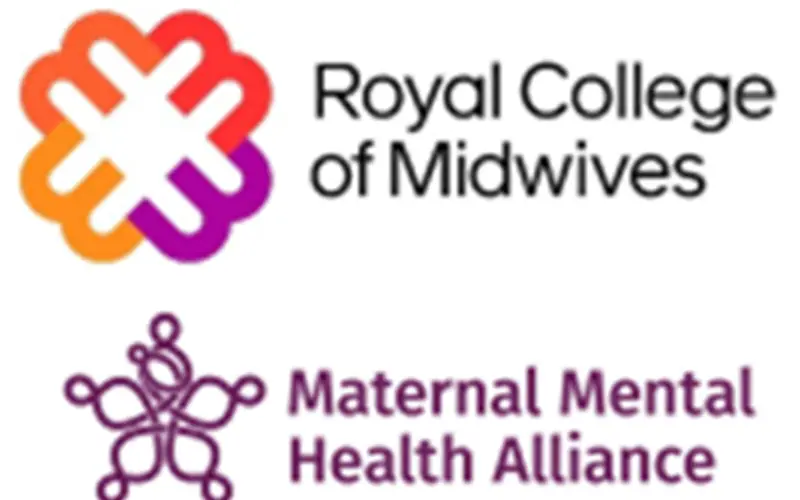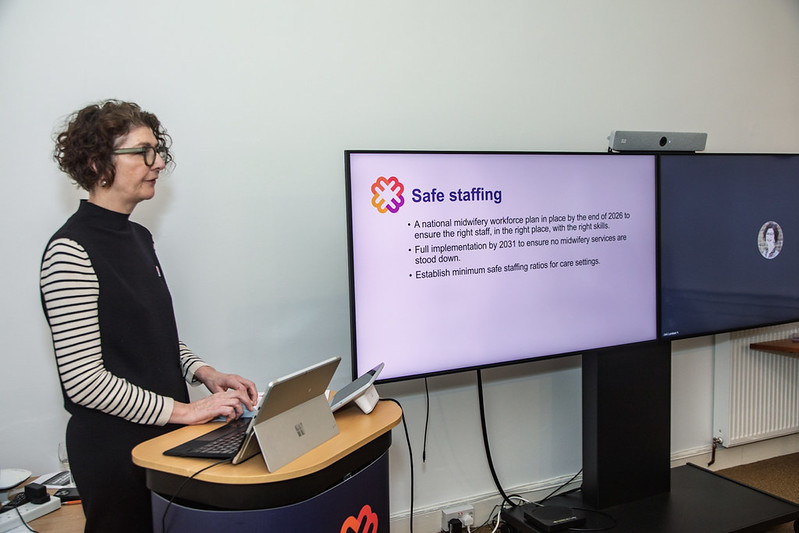Lives can be saved with more investment and better support for women with maternal mental health problems in pregnancy and after birth, say the Royal College of Midwives (RCM) and the Maternal Mental Health Alliance (MMHA). The two organisations have come together to call for better support and care for women during and after pregnancy as part of Maternal Mental Health Awareness Week running from 2-8 May.
In a joint statement today the two organisations outlined three key steps needed to improve care for new and expectant mothers, and referenced research which highlights how changes to current practice would also lead to significant savings of around half a billion pounds over a decade.
“We must ensure that the mental health of pregnant women and new mothers gets the same priority and attention as their physical health. Both are equally vital to their overall wellbeing, and we must see more funding and initiatives that recognise this,” said Gill Walton, Chief Executive of the RCM. “For too long the mental health of women in and around pregnancy has lacked the attention and resources needed to tackle this serious problem. Women may be dying needlessly because our services are often not meeting their needs and giving them the vital support that could be a lifeline for them. This must change and we are using this week, when the focus is on maternal mental health, to urge governments to address this urgently.”
The RCM and MMHA say that while there has been some investment in services, it is not enough and has left patchy provision across the UK for women. They lay out three key recommendations to improve services, including investing in targeted services for women, more mental health training for midwives and other frontline staff, and more specialist mental health roles in maternity.
“Mental health problems for women before, during and after pregnancy too often go unrecognised and untreated, which can have a devastating impact on women and families. Midwives can play a crucial role supporting the maternal mental health needs of pregnant women and new mums during routine contacts; but increased commitment, funding and action is required to deliver the level of care needed,” said Luciana Berger, Chair of the MMHA. “Maternal Mental Health Awareness Week is a fantastic opportunity to shine a light on the needs of all women, babies and families and the gaps in essential services that still exist and which impact them getting the right care at the right time. The MMHA won’t stop until every woman and family in the UK gets the maternal mental health care and support they need and deserve.”
Implementing the actions recommended by the RCM and MMHA could make a real difference to the lives of thousands of women, babies and their families, said the RCM and MMHA.
The RCM/MMHA joint statement can be read at rcm-maternal-mental-health-week-2022.pdf.
For more information about Maternal Mental Health Awareness Week visit Full programme of events and resources! – Perinatal Mental Health Partnership (perinatalmhpartnership.com).


